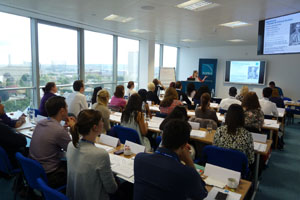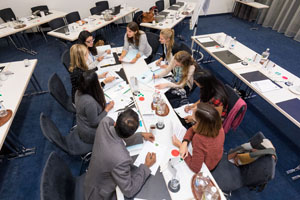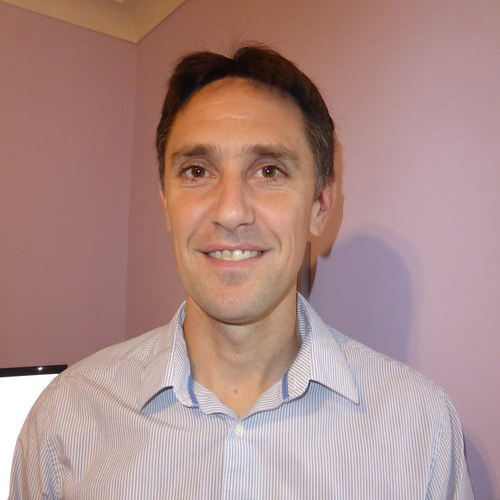
This course will look at the manufacture of medical devices when using innovative manufacturing techniques, for example 3-D printing, and other areas of special interest, such as drug-device combinations, borderline products and tissue engineering. Delegates will explore and critically debate the regulatory issues likely to arise from the manufacturing of medical devices with such techniques, in order to be able to provide effective management and advice on the placement of such products on the market.
The module will also cover the application of legislation, directives, guidelines, interpretation and classification documents and regulatory requirements revolving around medical devices manufactured with innovative/non-traditional processes including drug-device, combination and borderline products. It will also include specific information on Notified Body and Competent Authority, special requirements such as human factor testing, quality by design, risk analysis and management of such devices. Where possible, case studies will be used to achieve those learning goals and put into practice the theory behind the relative legislation.
Who is it for?
|
|
This module is designed for regulatory affairs professionals interested or working with medical devices manufactured with innovative/non-traditional processes and/or falling within the classification of drug-device, combination and/or borderline products. The course is suitable for anyone working in medical devices or individuals involved or interested in this area and students completing their MSc in regulatory affairs.
|
What will I learn?
Knowledge and understanding:
- Understand and be able to manage successfully the application of regulatory requirements and relevant legislation, including required documentation for the purpose of placing medical devices and drug-device combination products on the market. In particular, critical analysis of the further requirements related to innovative manufacturing processes
- Recommend strategies for development and marketing of medical devices manufactured with innovative/non-traditional processes
- Demonstrate critical understanding of issues related to requirements dictated by applicable legislation over and above the medical device regulations
- Judge appropriate regulatory strategies for drug-device combination and borderline products.
Skills and attributes:

- Demonstrate the ability to interpret, analyse and put into practice current legislation applicable to medical devices manufactured with innovative/non-traditional processes
- be able to make sound judgements of complex issues and deliver strategic solutions and conclusions that can realistically be applied in practice
- Critically appraise and evaluate communications form regulatory bodies and research publications regarding medical devices manufactured with innovative/non-traditional processes.
|
Download the course programme
To learn about why CPD is important visit the Lifelong Learning page.
|
About the Module Leader
|
 Jason Collins MTOPRA, has more than 17 years of experience in Regulatory Affairs from industry and consultancy. He recently joined ESPL Regulatory Consulting as Associate Director, Regulatory Affairs. Jason Collins MTOPRA, has more than 17 years of experience in Regulatory Affairs from industry and consultancy. He recently joined ESPL Regulatory Consulting as Associate Director, Regulatory Affairs.
Previously he was a consultant at regulatory affairs consultancy RRG, where he provided support to clients across a variety of regulatory activities involving both medicines and medical devices, including clinical development, scientific advice (EMA, FDA and EU national) and Regulatory Agency negotiation, right the way through to product authorisation and lifecycle management.
Jason has been responsible for preparation and submission of briefing documents (to support Scientific Advice Meetings), documentation for CTAs, including IBs and IMPDs, as well as preparation of documentation and management of EU MAA submissions (including national and DCP submissions) and US NDAs and INDs. Jason was also the Quality Manager at RRG, responsible for the Quality Management System (QMS), including reviewing, updating, maintaining and training staff on the quality procedures, and managing external contractors. He was also responsible for managing patient information leaflet user testing, and has conducted numerous user tests which have supported national, decentralised and centralised applications in the EU.
|
How do I register?
|
Course fees:
| Type |
Student |
Non-Student |
| Standard |
£1500+VAT |
£1700+VAT |
Discounted places
A limited number of discounted places are available for those working for regulatory agencies, government bodies, charities or patient groups. Please email us for a discount code before making your booking.
|
|
Travel and accommodation is not included.
|